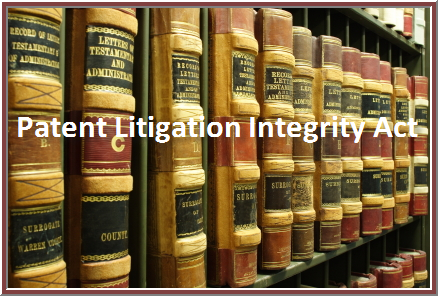US Senator Orrin Hatch has introduced the Patent Litigation Integrity Act (S. 1612). The Act aims to address the growing threat of patent trolls who purchase existing broad patents and then threaten businesses of infringing them.
Patent litigation Integrity Act of 2013 provides two reform measures. One, the legislation introduced the mandatory fee shifting from the prevailing party to the non-prevailing party, unless the loser’s conduct was “substantially justified,” or under other circumstances that would make fee shifting unjust.
MANDATORY FEE SHIFTING
Requires courts to award reasonable attorney fees and other expenses to a prevailing party in patent litigation cases unless the non-prevailing party’s legal position and conduct were substantially justified or that special circumstances make an award unjust.
Secondly, the act would provide for circumstances in which a court may require a patent owner to “post a bond sufficient to ensure payment of the accused infringer’s reasonable fees and other expenses, including attorney fees.”
The bill also sets forth six factors that the Court must consider in determining whether a bond requirement is unreasonable or unnecessary.
DISCRETIONARY BONDING
Permits defendants to convince a judge, via motion, why the alleging party should post a bond sufficient to cover the cost of reasonable fees and other expenses.
• In deciding whether to grant the motion, a judge must consider a series of factors to ensure that good-faith plaintiffs are not unfairly burdened, including:
1. The burden that posting the bond would place on non-litigation activities;
2. Whether the party alleging infringement is:
2.1 an institution of higher education
2.2 a non-profit technology transfer organization
2.3 a licensee of an education or research institution that conducts further research related to the subject matter of the patent;
3. Whether the party alleging infringement is a named inventor or original assignee of the asserted patent;
4. Whether the party alleging infringement manufactures or sells products related to the asserted patent;
5. Whether the party alleging infringement can demonstrate that it has and will have the ability to pay for costs, fees and expenses if so ordered; and,
6. Whether any party will agree to pay the accused infringer’s shifted fees and expenses if so ordered and can demonstrate it has and will have the ability to do so.
Download files:
